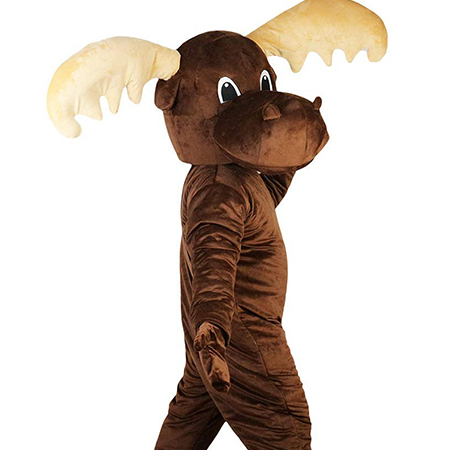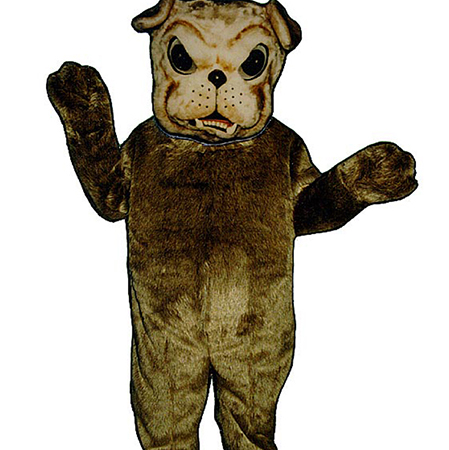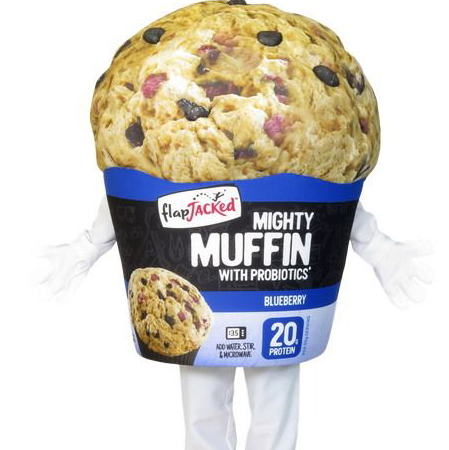Mascot costumes have long been a staple at sporting events, corporate functions, and entertainment shows. These larger-than-life characters are more than just colorful outfits; they embody the spirit of the organizations they represent. Understanding the psychology behind why mascot costumes connect so deeply with fans provides valuable insight into human emotions and social connections.
One key element that makes mascot costumes effective is their ability to evoke a sense of nostalgia and childlike wonder. From an early age, humans are drawn to whimsical characters that spark imagination. Mascot costumes often bring out a playful side in both children and adults, reminding them of a simpler time. This connection taps into basic human needs like joy, excitement, and a temporary escape from life’s stresses.

Moreover, mascot costumes act as unique brand ambassadors. Unlike human spokespersons, mascots don’t speak or express themselves through words, yet they communicate volumes through gestures, expressions, and behavior. This non-verbal communication can be incredibly powerful. A well-crafted mascot costume can convey emotions such as happiness, determination, and even resilience, which resonate on a subconscious level with the audience.
The anonymity provided by mascot costumes also plays a significant role. Wearers can become anyone or anything when they put on these costumes—they transform into symbols rather than individuals. This transformation allows fans to project their emotions and hopes onto the mascot, creating a deeper emotional bond. People see the mascot not just as a character but as a representation of their team or organization’s ideals and values.

Social interaction is another critical factor in the appeal of mascot costumes. Mascots often engage directly with fans during events, whether it’s high-fiving kids, leading cheers, or participating in games. This engagement fosters a sense of community and belonging. Fans feel a part of something larger than themselves when they interact with the mascot, reinforcing their loyalty and enthusiasm for the team or organization.
Furthermore, the design and aesthetic of mascot costumes contribute significantly to their impact. Bright colors, exaggerated features, and unique designs make mascots easily recognizable and memorable. These visual elements can trigger positive associations and enhance brand recall. When fans see their favorite mascot costume, it often evokes feelings of excitement and anticipation, reinforcing their emotional connection to the event or organization.

In conclusion, the success of mascot costumes lies in their ability to touch upon fundamental human emotions and social bonds. By invoking nostalgia, acting as effective non-verbal communicators, providing anonymity for performers, facilitating direct social interactions, and offering visually appealing designs, mascot costumes create a powerful and lasting impression. Whether at a sports game, corporate event, or entertainment show, the presence of a well-designed mascot can significantly enhance the overall experience, making it unforgettable for fans of all ages.
